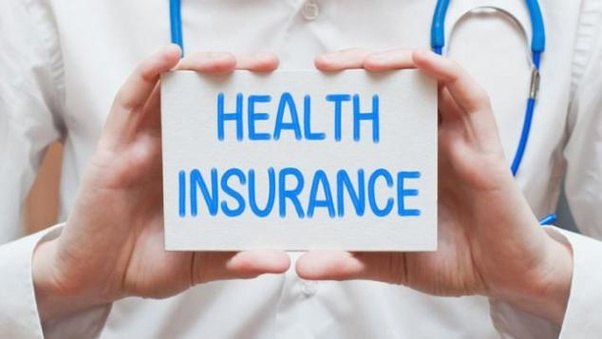By Katie Lannan
State House News Service
BOSTON — A day after one state agency announced health care cost growth had been limited to 1.6 percent in 2017, another state authority on Thursday approved a rate schedule calling for an average 4.7 percent increase in premiums to be paid in 2019 by residents who get health or dental insurance through the state’s Health Connector.
The premium hikes, approved at a Massachusetts Health Connector Board meeting, include an average 2.7 percent increase for the 58,021 members covered on unsubsidized plans, a 5.4 average percent increase for the 194,103 with ConnectorCare Base Silver plans, and a 2.3 percent average increase for the 78,673 members covered on dental plans.
While many people will need to dig deeper to pay more for insurance, the increases represent a “return to stability in our premiums after weathering some federal storms,” said Emily Brice, the Connector’s deputy chief of policy and strategy.
Last year, after the federal government halted its so-called cost-sharing reduction subsidy payments to states, the Connector raised rates for 2018 by far more than originally anticipated, leading to a premium increase of about 26 percent for around 80,000 people.
Health Connector Executive Director Louis Gutierrez said after Thursday’s meeting that he believes next year’s premium increases should be more manageable for consumers.
But I do need to note that even though the premium increases are less than in years prior, affordability still remains a very strong concern both for individuals and for small groups,” he said. “So things are better, but I don’t think that makes it easy for broad swaths of individuals or small businesses, so we have more work to do to provide affordable choices, but it’s less of a shock than in years prior.”
The Center for Health Information and Analysis released a report Wednesday concluding that health care spending in Massachusetts rose 1.6 percent to $61.1 billion in 2017, increasing at the slowest rate tracked since the passage of a 2012 health care cost control law.
The report flagged ongoing affordability challenges despite the slower spending growth, including a 6.9 percent increase in premiums for people covered through small employers, and a 5.7 percent increase in cost-sharing, to $52 per member per month, which outpaced growth in inflation, wages and premiums.
In 2017, the now-discontinued cost-sharing reduction subsidies reduced cost-sharing “substantially” for ConnectorCare members, to $17 per member per month, according to the CHIA report.
For the Connector’s unsubsidized plans, the average premium hikes for next year vary significantly by carrier. Tufts Health Plan-Direct, which represents the largest swath of Health Connector members at 43 percent, has the lowest average increase, at 1.4 percent.
At the other end of the spectrum, the 4 percent of members covered under Fallon Health will experience an average increase of 11.3 percent.
The percentage of people without health insurance in Massachusetts rose from 2.5 percent in 2016 to 2.8 percent in 2017, according to new U.S. Census data released Thursday. Median household income in Massachusetts rose by less than 1 percent in 2017, according to the new data.
Connector officials highlighted CHIA data they said provides a snapshot of the uninsured population in Massachusetts — 65 percent male, 63 percent single, 24 percent Hispanic, and 78 percent with incomes less than 400 percent of the federal poverty level.
“We have not let up on any of our outreach and enrollment activities because we really believe that the enrollment trends that leave Massachusetts at the top really require ongoing work to sustain,” Gutierrez said.
The Health Connector’s 2019 outreach strategy will focus on five subgroups among the uninsured population: “young invincibles” age 18-34, men, single adults without children, minorities, and low-income individuals.
The Connector is also launching a #StayCovered campaign to remind residents that Massachusetts still requires its residents to have health insurance, though federal individual mandate penalties will end after 2018.
The open enrollment period, during which Massachusetts residents can enroll in or change health plans, runs from Nov. 1 through Jan. 23, 2018. Connector officials said preparations are underway for open enrollment, including ramping up staff for call centers and adding new self-service features for members who do not need staff assistance.
Next month, Connector members will begin receiving renewal notices containing information about the 2019 plan and rates.






